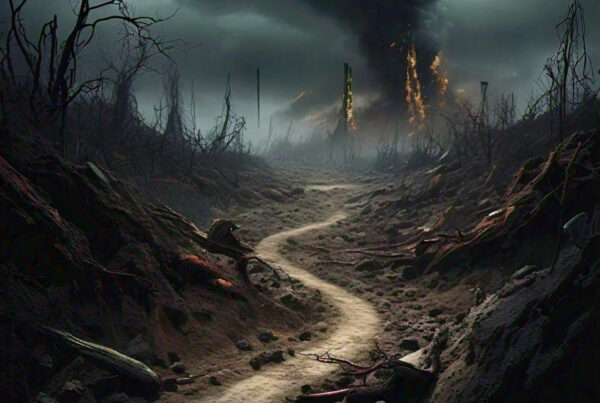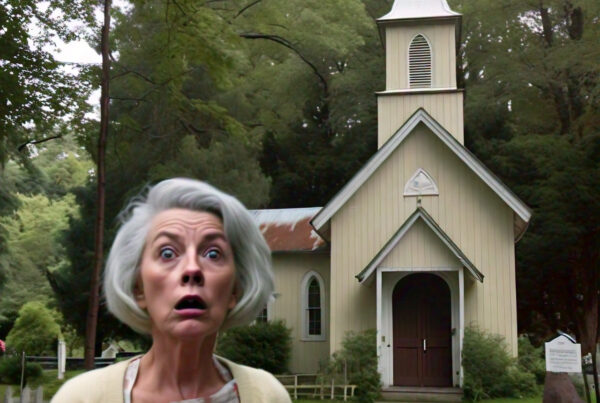
As I write, my beloved Denver Nuggets are being manhandled by the Minnesota Timberwolves in the NBA playoffs. They are down 2-0 in the series, having lost both games at home. In game 2 they completely melted down, losing by 26 points. Early in the first half the Nuggets’ coach, Mike Malone, made a rare leadership mistake that paved the way for the blowout to come. The Wolves were playing a very physical game, and the refs weren’t calling what seemed to be obvious fouls. After one of Denver’s guards was shoved to the ground with no foul called. Malone lost his mind, charging onto the court and screaming at a ref. Denver’s Aaron Gordon stood between the coach and the ref, urging Malone to return to the bench. Surprisingly the ref did not call a technical foul on Malone, it was obvious the refs were “swallowing their whistles” for this game.
A few minutes later the Nuggets Jamal Murray committed an obvious foul and then started yelling at the refs about all the other fouls they weren’t calling. Later he threw a towel and a heat pad from the bench during live action, which led to a $100,000 fine. He was following his coach’s lead, demanding that the refs change their behavior to better suit the Nuggets’ game. That did not happen, and the Nuggets were blown out in their own arena.
I wonder what would have happened if, instead of blowing a fuse, Malone would have called a timeout and calmly told his team that they needed to adapt to the situation. Tonight’s game would be more streetball than professional basketball, but they all know how to play the “no harm, no foul” style of the playground. He could have then encouraged Deandre Jordan, one of Denver’s rather large but seldom used players, to use his allotted fouls to encourage the T-wolves to avoid the area near the basket at all costs, a style four-time NBA All Star Bill Laimbeer built a career on.
Sometimes the role of a leader is to inspire a team to create change, but often our role is to encourage the team to adapt to the reality of the situation we find ourselves in; a challenging senior leader, extremely limited resources, or tasks way outside our job descriptions. A talented leader knows when to work to buckle down to change the environment and when to adapt to overcome the circumstances.
When Israel was faced down by Goliath, King Saul couldn’t conceive of an alternative to the normal way of doing war, but neither could he find a way to beat a seemingly invincible foe. David, however, adapted to the circumstances. He knew he could not defeat Goliath on Goliath’s terms, so he adapted and he won. He played target practice instead of World of Warcraft.
As a leader our job is to help our team adapt rather than whine about the giants we face. Share on X


